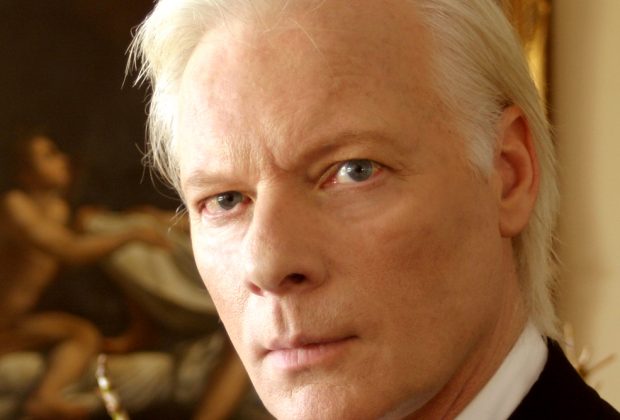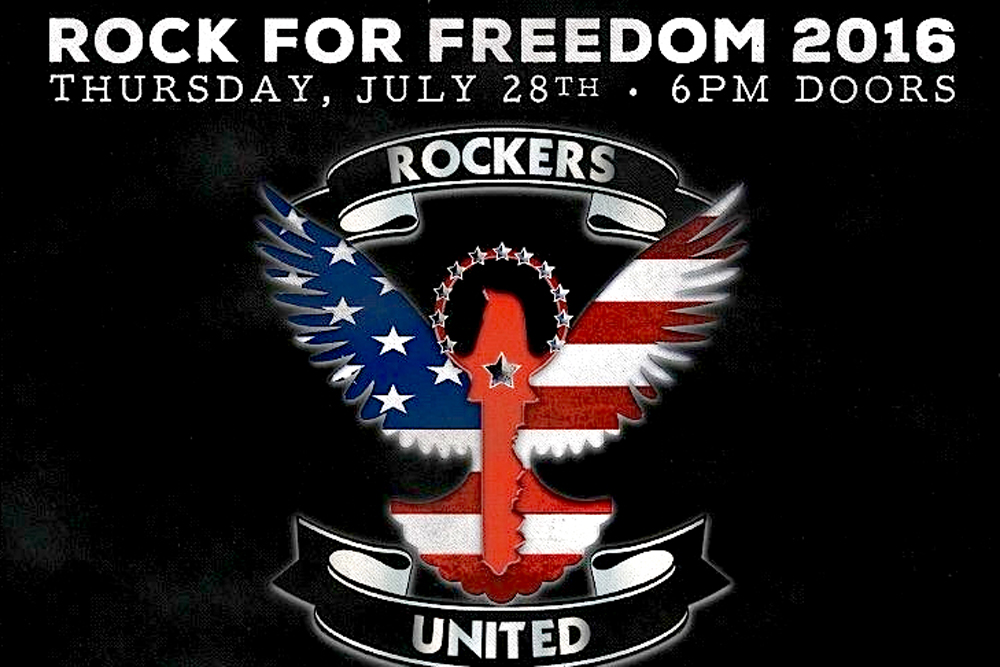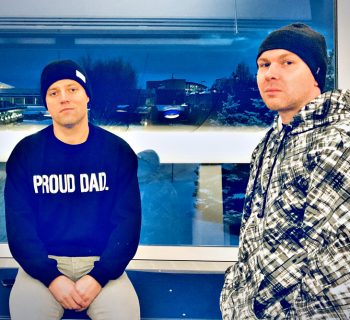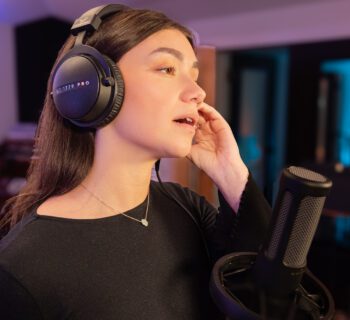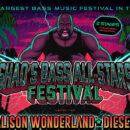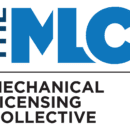Miles Copeland, whose brother played drums for the Police, managed the band to legendary success. If that wasn’t enough, he co-founded I.R.S. Records (R.E.M., the Go-Go’s, Oingo Boingo, the Cramps, the Fleshtones) in 1979. Currently, he operates C.I.A. (Copeland International Artists) where he focuses on management of artists with Middle Eastern or other world music orientation.
Brand Ownership
Up until the point I managed Sting, my modus operandi has always been artist-oriented management––making others famous and building their businesses. I started thinking, “wouldn’t it be great if you could have a proprietary interest in something and not constantly be beholden to an artist?” I looked at the model of Riverdance, Blue Man Group and Cirque Du Soleil. These are businesses where the producer owns the brand. If a dancer disappears or a juggler quits, the show carries on. So I started thinking in terms of projects that were brand- or idea-related.
Let Me Axe You
The first project was a spinoff of Desert Rose with Sting––a belly dance show. We toured the world, did 800 shows, put out records, DVDs and more. I’m working a project called Generation Axe: Steve Vai, Zakk Wylde, Nuno Bettencourt, Yngwie Malmsteen and Tosin Abasi. We want to go out once a year. Guitarists might change [year to year]. That’s exciting because you see players do things you wouldn’t see otherwise.
What’s Old Could Be New
I see a lot of stars whose bands got old and they’re not in the band anymore. These guys are going solo and playing smaller venues. Suppose I could get five of these together and team them up the same way with the guitar tour. Put them on one stage and you get three or four hit songs from each guy. Wouldn’t that be fun?
Keep It Snappy
I hate changeovers and waiting for one group to get off stage and the next to get on. I like a show that’s quick: you see what you’re going to see and get out. The shows I create don’t drag. Our belly dance show was like that––every few minutes, something new happened.
When the Approval Process Hinders Profits
Even in the days of the Police, trying to get an approved T-shirt design was pulling teeth. The merchandiser would sell approved shirts, which were usually boring, while guys who make bootleg shirts would sell them outside the theater, and they were always great looking. Many acts have asked me, “Hey, why can’t we have shirts like that bootlegger’s got?”
You Won’t Get Signed Unless You’ve Made It
Let’s say you’re a new act. You walk into a label with your songs. That isn’t enough. The first question you’re going to be asked is, “Where are you on social media? How many followers do you have on Twitter? Where are you on Facebook?” The company wants to know you’ve done your homework and already have a fan base. You’re already happening. So all they have to do is hop on your coattails and nudge it along. The onus of making something happen is much more on artists’ heads these days.

